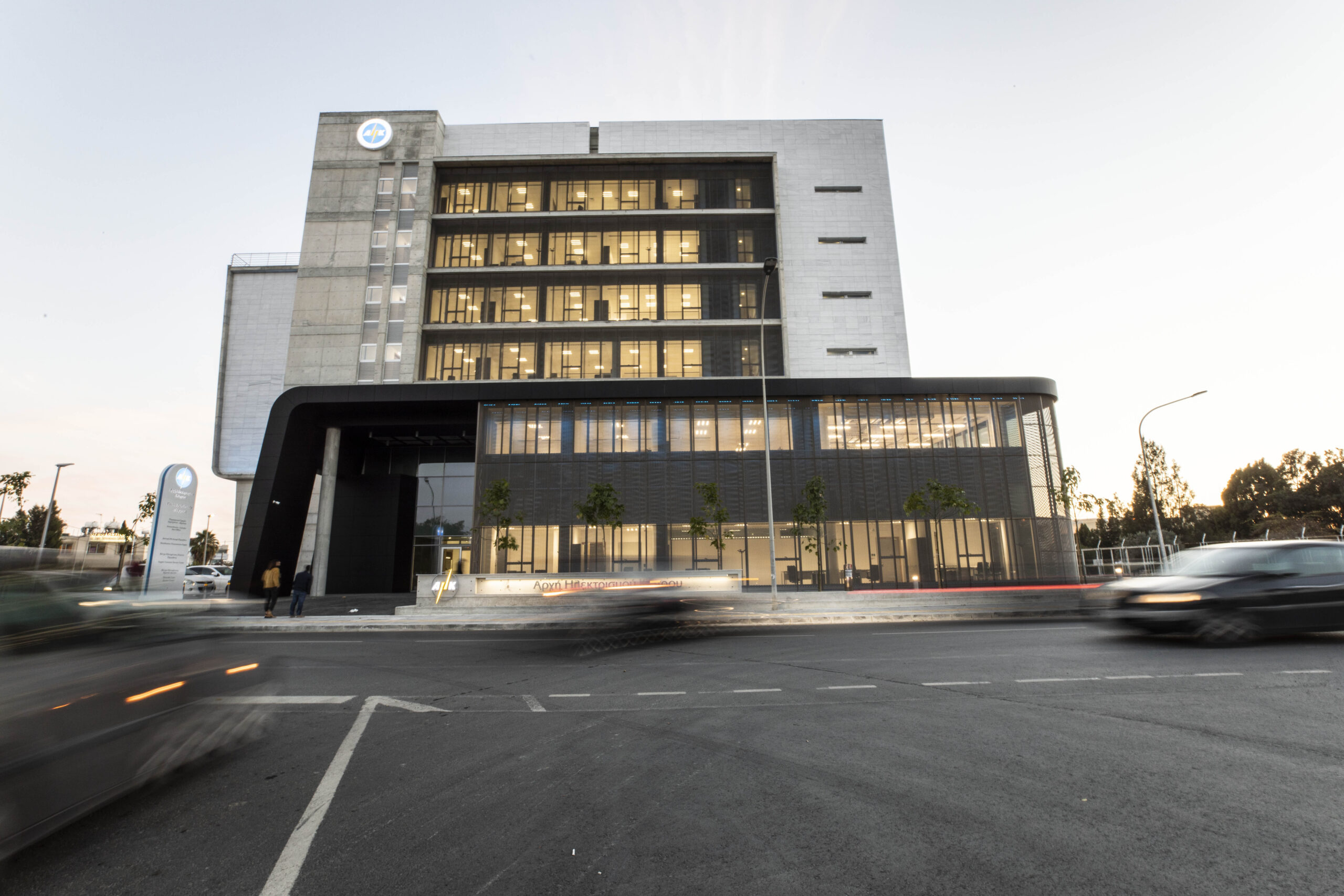Cypriot consumers were warned to brace themselves for more hikes to their electricity bills, as the Electricity Authority of Cyprus (EAC) said they expect increases in line with an upward trend in oil prices.
Quoted by Kathimerini Cyprus’ edition, Demetris Nathanael, Acting Spokesperson of the EAC, said the increase would be 4.56% on the next bill.
“For a household consumer using approximately 800 kilowatt-hours, their bill will surge by €15. For instance, if their previous bill amounted to €265, it would now stand at €280.”
When asked about the reason behind the latest increase, Nathanael attributed it “purely and simply to the rise in fuel prices on the international market.”
Regarding the possibility of bill reductions, the spokesperson noted that it hinges on market price fluctuations.
Official data from the Cyprus Energy Regulatory Authority (CERA) revealed the average price for household electricity spiked 108.8% from August 2020 to August 2023.
From March 2020 to August of the same year, energy prices dropped following lockdowns and other COVID-19 restrictions.
The average residential tariff was 16.15 cents per kilowatt hour; this August, it was 33.72 cents per kilowatt hour.
Prices reached their highest ebb in September last year, following a rally of increases powered by Russia’s invasion of Ukraine in February 2022.
According to CERA, prices reached a record high in September 2022, when consumers paid 40.31 cents per KW per hour.
Prices in September 2020 reached their lowest level, with the KW per hour costing consumers 15.88 cents.
Prices do not calculate the government subsidy introduced in September last year, pushing bills down by an average of 14%.
Nathanael said that the first 40,000 of some 400,000 smart metres will be operational by the first half of 2024, with the remainder to be installed within the next 2-3 years.
He said consumer benefits include remote data downloading for billing and profiling, support for advanced billing systems, remote disconnection and reconnection of supply, prevention and detection of power theft, load management options, direct consumer information, and support for prepayment.
Installation of smart metres will not burden consumers as 50% of the cost is covered by EAC, and the remaining 50% is funded by the EU’s European Mechanism for Recovery and Resilience.
Nathanael added that 65% of the residential properties across the island will benefit from the project, while the EAC has plans to extend coverage.










